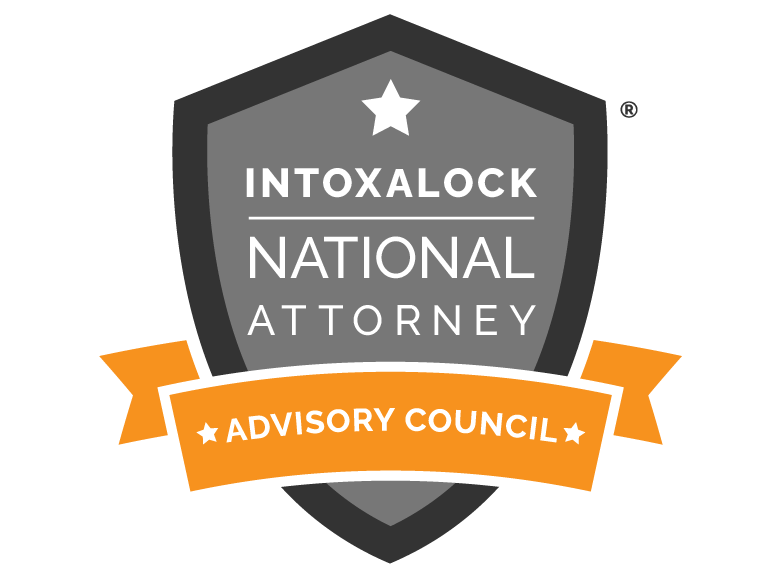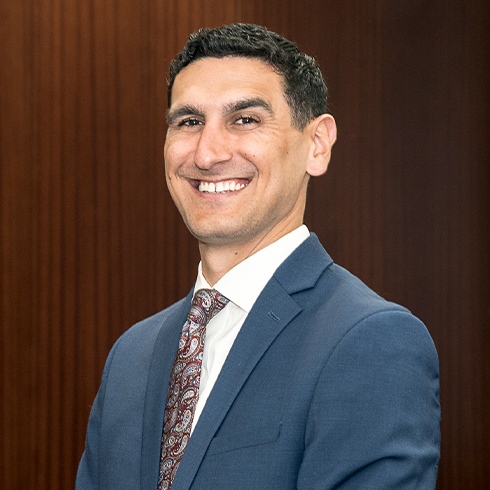In navigating the complexities of wrongful death cases, understanding the statute of limitations is crucial. Let’s delve into the nuances of Maryland’s wrongful death statute of limitations to provide clarity and guidance for those seeking justice for their loved ones.
What Constitutes a Wrongful Death Claim?
Under common law, surviving family members were historically unable to sue for negligence resulting in death. However, to rectify this, Maryland enacted a wrongful death statute. This statute, currently codified at § 3-904 of the Courts and Judicial Proceedings Article in the Maryland Code, grants family members the right to seek legal recourse when their loved one’s death is caused by another party’s negligence.
3-Year Statute of Limitations – Explained
A statute of limitations establishes a timeframe within which legal action must be initiated. Failure to file within this period typically results in the loss of the right to sue. In Maryland, the general statute of limitations for tort claims, including wrongful death, is three years.
Moreover, Maryland delineates a specific statute of limitations for wrongful death claims under § 3-904(g) of the Courts & Judicial Proceedings Article. This statute stipulates that an action for wrongful death must be filed within three years after the death of the individual in question. Failure to adhere to this timeframe results in the permanent loss of the right to pursue legal action.
Addressing Time Barred Claims
A critical aspect clarified by Maryland’s appellate courts is that wrongful death claims are distinct and independent causes of action. Even if the deceased would have been time-barred from filing their own claim before their demise, a wrongful death claim may still be pursued within the three-year limitation period. For instance, if the deceased failed to file a timely claim before passing away, their survivors retain the right to initiate a wrongful death claim within the statutory timeframe.
Seeking Legal Guidance
If you’ve experienced the loss of a family member due to negligence or malpractice, seeking legal counsel is paramount. An attorney focusing on wrongful death claims can provide invaluable assistance in understanding your rights, evaluating your case, and determining the viability of a claim. Whether it’s assessing the worth of your potential claim or navigating the legal intricacies, expert guidance can make a significant difference.
Frequently Asked Questions
What Factors Influence the Timing of Filing a Wrongful Death Claim?
Various factors can influence the timing of filing a wrongful death claim. These may include the complexity of the case, the availability of evidence, the extent of damages, and the willingness of involved parties to negotiate or litigate. Additionally, the emotional toll on surviving family members may impact their readiness to pursue legal action
Verdicts & Settlements
Can Multiple Parties File a Wrongful Death Claim?
Yes, in Maryland, multiple parties may have the legal standing to file a wrongful death claim. Typically, this includes the surviving spouse, children, parents, or other dependents of the deceased. In cases where there are multiple eligible parties, coordination among them and legal representation can help ensure a unified approach to seeking justice.
What Damages Can Be Recovered in a Wrongful Death Claim?
Wrongful death claims aim to compensate surviving family members for various damages, including medical expenses, funeral and burial costs, lost income and benefits, pain and suffering, and loss of companionship or consortium. Additionally, punitive damages may be awarded in cases involving egregious negligence or intentional misconduct.
How Does Comparative Negligence Impact Wrongful Death Claims?
Maryland follows a contributory negligence doctrine, which bars recovery for plaintiffs found even slightly at fault for the incident leading to the death. Understanding how this legal principle applies to wrongful death claims is crucial, as it may affect the outcome of the case and the potential recovery of damages.
Are There Exceptions to the Statute of Limitations in Wrongful Death Cases?
While statutes of limitations generally establish strict deadlines for filing claims, certain exceptions may extend or toll these timeframes. For instance, in cases where the defendant fraudulently conceals relevant information or where the claimant is under a legal disability, such as mental incapacity, the statute of limitations may be tolled.
How Can Expert Witnesses Support a Wrongful Death Claim?
Expert witnesses, such as medical professionals, accident reconstruction specialists, or economists, can provide critical testimony to support various aspects of a wrongful death claim. Their expertise can help establish liability, quantify damages, and strengthen the plaintiff’s case during negotiations or trial proceedings.
What Role Does Negotiation Play in Wrongful Death Claims?
Negotiation often plays a significant role in resolving wrongful death claims without the need for protracted litigation. Experienced attorneys can engage in negotiations with insurance companies or at-fault parties to secure fair settlements that adequately compensate surviving family members for their losses while avoiding the uncertainty and expense of a trial.
How Does Jurisdiction Affect Wrongful Death Claims?
Jurisdictional considerations can impact the viability and procedural aspects of wrongful death claims. Understanding which court has jurisdiction over the case, as well as any relevant venue requirements, is essential for navigating the legal process effectively and ensuring that the claim is filed in the appropriate jurisdiction.
What Steps Should Surviving Family Members Take After a Wrongful Death?
After experiencing the loss of a loved one due to negligence or misconduct, surviving family members should take several important steps. These may include gathering evidence, documenting expenses, notifying relevant parties, such as insurance companies or government agencies, and seeking legal guidance to understand their rights and options for pursuing a wrongful death claim.
How Can Alpert Schreyer, LLC Assist with Wrongful Death Claims?
Alpert Schreyer, LLC, with its extensive experience and dedication to client advocacy, can provide invaluable support and guidance to individuals navigating wrongful death claims in Maryland. From conducting thorough investigations to representing clients in negotiations or litigation, the firm is committed to pursuing maximum compensation and justice for those who have lost loved ones due to negligence or wrongdoing.
For personalized guidance and legal representation in wrongful death cases, contact Alpert Schreyer, LLC, today to schedule your free consultation and learn how we can craft a case tailored to your specific needs and circumstances.

















